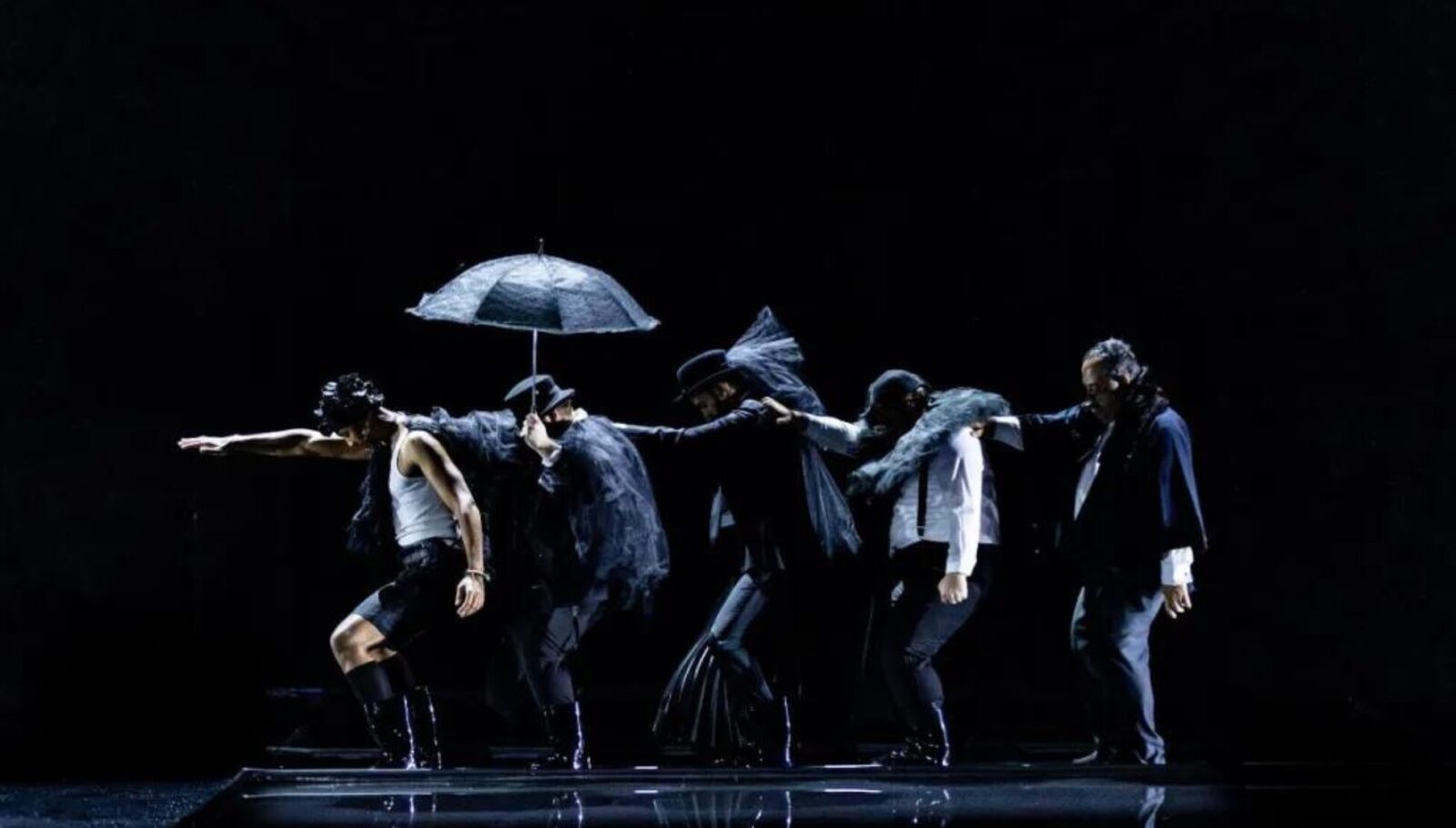The Key to Effective Stage Management Leadership

As a stage manager, our role extends far beyond cueing performers and coordinating technical aspects of a production. At its core, successful stage management hinges on the ability to build and maintain strong relationships with our team. Let’s discuss the strategies for cultivating these relationships and how they contribute to effective leadership in the entertainment world.
It’s crucial to understand the individuals you’re working with.
Know Your Team’s Strengths and Weaknesses: Understanding the unique skills and capabilities of each team member allows us to delegate tasks effectively and maximize efficiency. Recognizing areas where individuals may need support or development helps you provide targeted guidance.
Recognize Individual Personalities and Communication Styles: People communicate and work differently. By acknowledging and respecting these differences, you can tailor your approach to communication and collaboration, fostering a more productive and harmonious team environment.
We set the tone for professionalism and collaboration.
Demonstrate Professionalism and Respect: Showcasing professionalism in your demeanor, work ethic, and interactions sets a standard for the entire team to follow. Treating everyone with respect, from the lead actor to the stagehand, fosters a culture of mutual respect and cooperation.
Be Approachable and Available for Support: Accessibility is key to effective leadership. Being approachable and accessible to your team members encourages open communication and ensures that issues can be addressed promptly, preventing them from escalating.
Trust is the foundation of any successful team.
Build Trust Through Transparency and Consistency: Transparency about decisions, processes, and expectations builds trust among team members. Consistency in your actions and decisions reinforces this trust, demonstrating reliability and dependability.
Encourage Collaboration and Value Input: Collaboration breeds creativity and innovation. By encouraging input from all team members and valuing their contributions, we foster a sense of ownership and investment in the project, leading to greater buy-in and commitment.
Empowered team members are motivated and engaged.
Delegate Tasks Effectively and Trust Your Team: Delegating tasks allows us to focus on strategic aspects of stage management while empowering our team to take ownership of their roles. Trusting them to execute their responsibilities builds confidence and fosters a sense of autonomy.
Provide Opportunities for Growth and Development: Investing in the growth and development of our team not only enhances their skills but also strengthens their loyalty and commitment. Offering training, mentorship, and opportunities for advancement demonstrates our investment in their success.
Relationship-building extends beyond your immediate team.
Networking with Colleagues and Industry Professionals: Building relationships with colleagues and industry professionals expands your network and opens doors for collaboration and career opportunities. Maintaining these connections fosters a sense of community and support within the broader theater community.
Support Personal and Professional Growth: Show genuine interest in the personal and professional aspirations of your team members. Providing support and encouragement for their endeavors outside of the current production builds trust and strengthens your relationship beyond the confines of the stage.
Even in the most harmonious teams, challenges may arise.
Address Communication Breakdowns and Misunderstandings: Clear and effective communication is paramount. Addressing communication breakdowns and resolving misunderstandings promptly prevents conflicts from escalating and maintains a positive team dynamic.
Handle Difficult Personalities or Conflicts: Conflict is inevitable, but how you handle it determines its impact on the team. Approach conflicts with empathy and a willingness to listen, seeking mutually beneficial resolutions that preserve relationships and uphold the integrity of the team.
Listen to the Dynamic Dialogues Podcast about Conflict Resolution to learn more.
Effective stage management leadership hinges on the ability to build and nurture strong relationships with ours teams and beyond. By understanding our team, leading by example, fostering trust and collaboration, empowering them, and nurturing relationships beyond the stage, we create an environment conducive to creativity, productivity, and success. As you navigate the challenges of stage management, remember that investing in relationships is not only essential for the success of the production but also for the growth and fulfillment of everyone involved.
Main image: Courtesy of Half-Hour Blog by Bryan Runion
Back to Home
Editor's Note: At StageLync, an international platform for the performing arts, we celebrate the diversity of our writers' backgrounds. We recognize and support their choice to use either American or British English in their articles, respecting their individual preferences and origins. This policy allows us to embrace a wide range of linguistic expressions, enriching our content and reflecting the global nature of our community.
🎧 Join us on the StageLync Podcast for inspiring stories from the world of performing arts! Tune in to hear from the creative minds who bring magic to life, both onstage and behind the scenes. 🎙️ 👉 Listen now!
